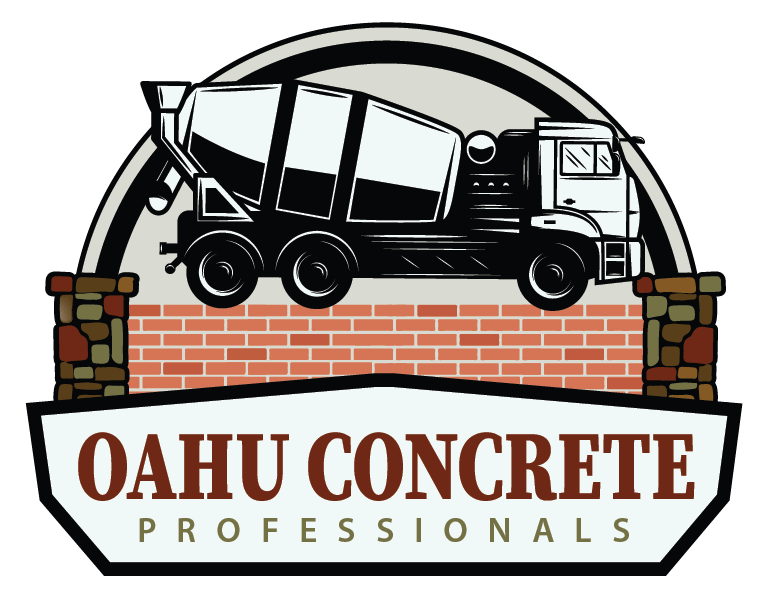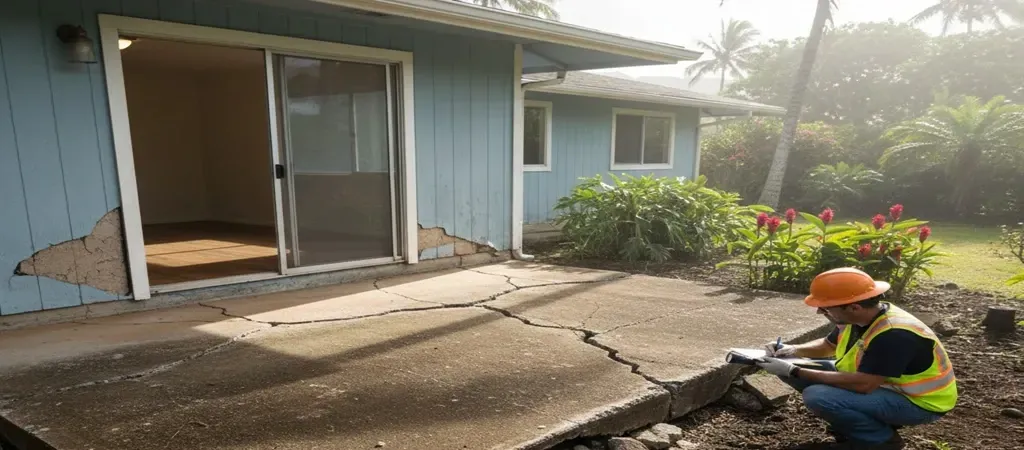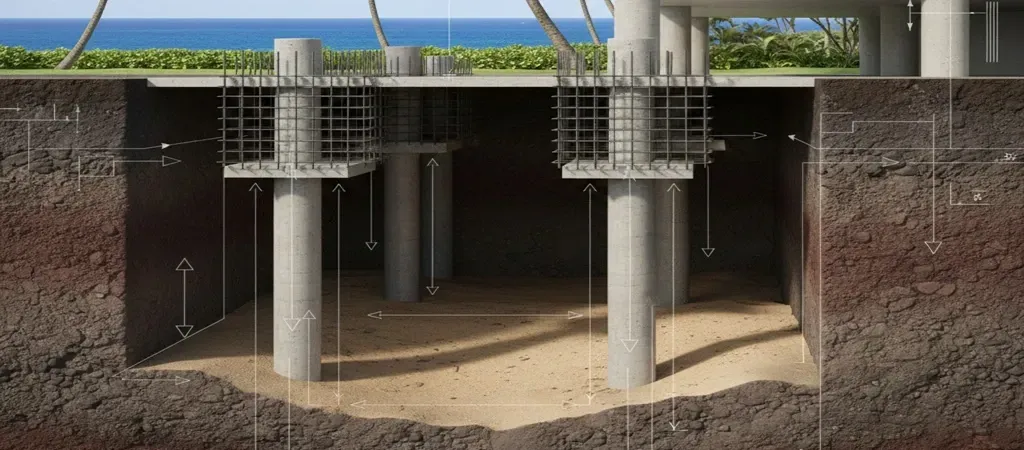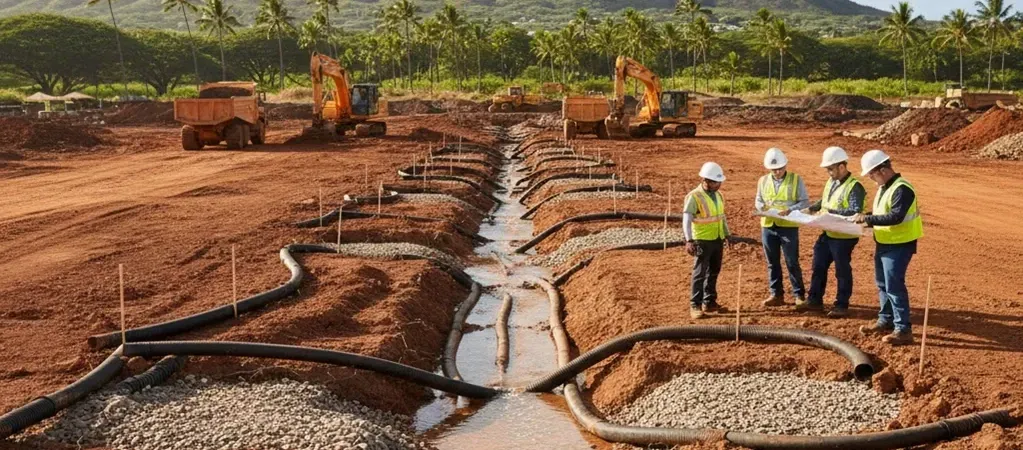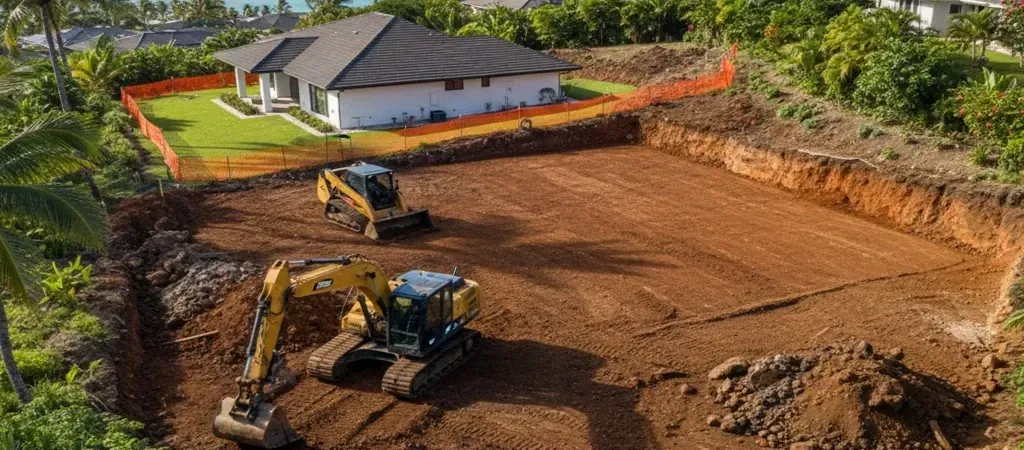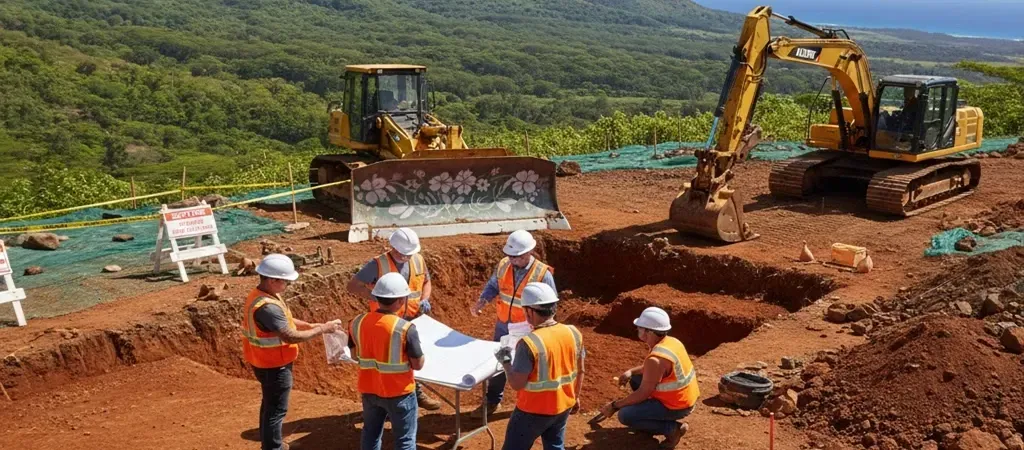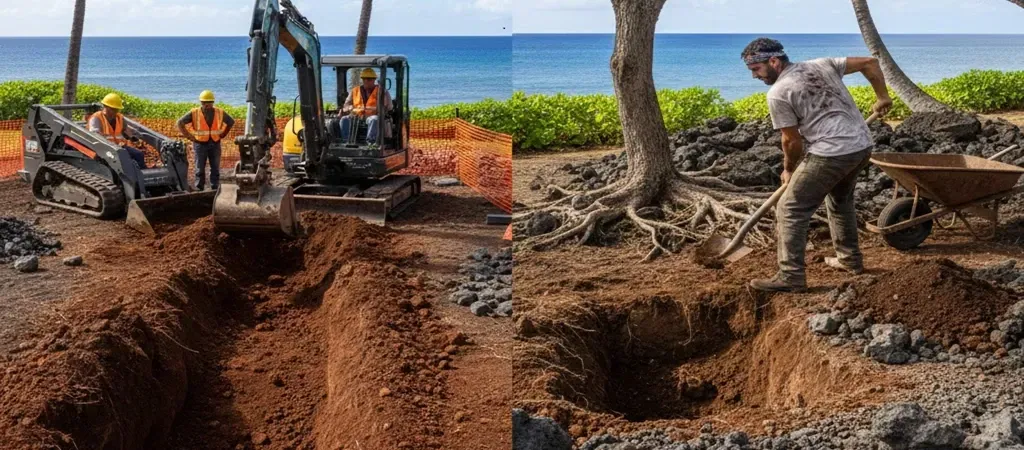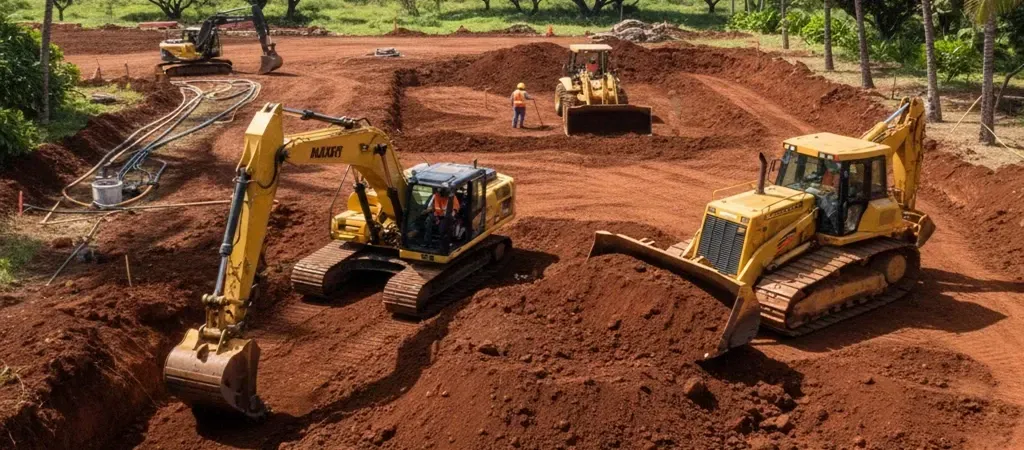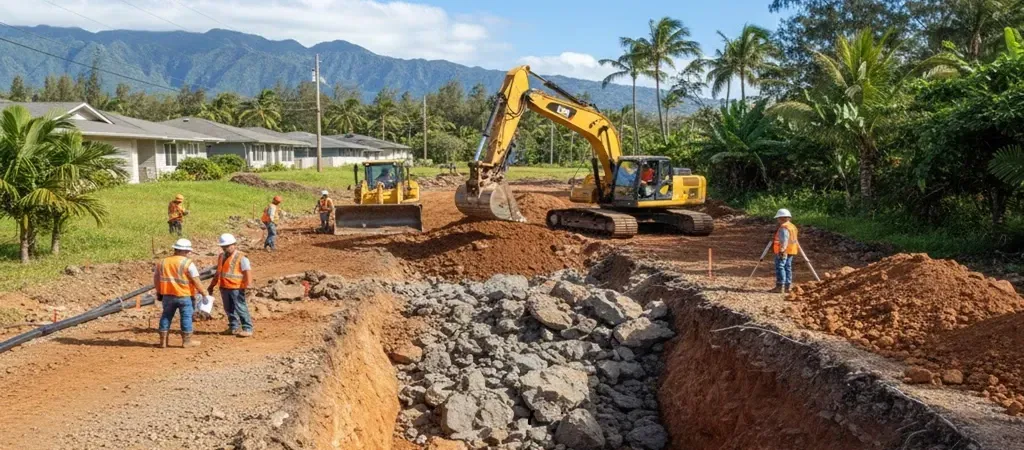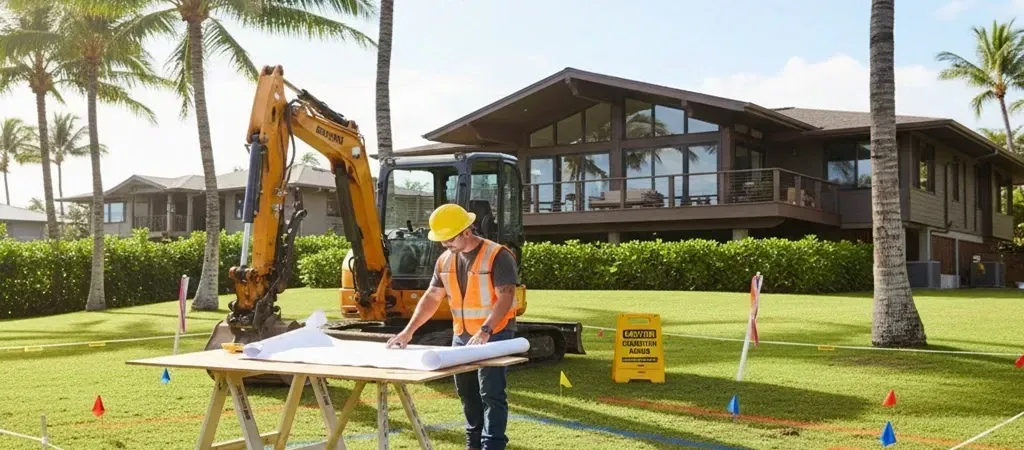Why Rock Walls Are Perfect for Coastal Properties in Oahu, HI
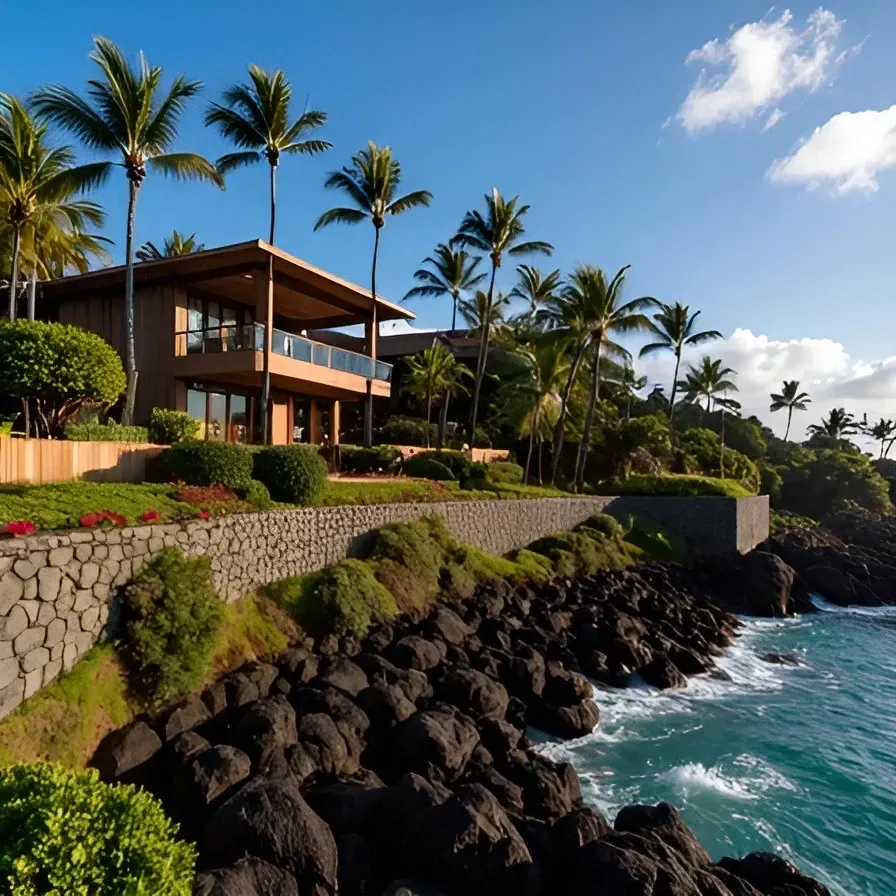
Picture a house by the coast. The salty breeze. The hush-hush of waves. The endless ocean stretched across the horizon. A natural therapy. Who wouldn't want it? Now let's be realistic. Coastal living seems exciting. But it comes with several challenges. Erosion? Yep. Flooding? Check. Saltwater damage? You bet.
There must be ways to protect properties by the coast. Good news, there is. Enter rock walls. These natural guardians are tough, beautiful, and exactly what your coastal property needs.
Coastal Challenges: Why Your Property Needs Protection
Coastal living is paradise, but Mother Nature doesn’t take days off. Erosion is a silent villain. Over time, wind, rain, and waves chip away at your land.
If your property slopes, this happens even faster. Then there’s flooding. Storm surges and rising tides can turn your peaceful yard into a water park—but not the fun kind. And don’t forget saltwater damage. It’s like rust on steroids, corroding everything it touches.
What Are Rock Walls? The Basics You Need to Know
Rock walls aren’t what you are thinking. Just a pile of stones stacked up for fun. They’re carefully designed barriers that protect and beautify. You’ll find two main types for coastal properties:
- Retaining Walls: These are perfect for sloped properties. They hold back soil and prevent erosion, keeping your yard stable and intact.
- Decorative Walls: These offer a double win—style and function. They add character to your property while also shielding it from nature’s tantrums.
The materials? Think granite, limestone, or basalt. These rocks don’t just look good; they laugh in the face of saltwater and harsh weather. For help picking the best materials, check out the best types of stones for Hawaiian rock walls.
Why Rock Walls Are the MVP of Coastal Properties
So, why are rock walls such a big deal? Let’s break it down.
1. They Stop Erosion in Its Tracks
Erosion might be sneaky, but rock walls are smarter. These walls create a barrier that blocks wind and water from stealing your soil. If you’ve got a sloped yard, they’re a lifesaver.
2. They Keep Flooding at Bay
Rock walls act like shields, keeping stormwater where it belongs—away from your property. No more soggy lawns or waterlogged basements.
3. Built to Last
Coastal weather is often harsh and in such conditions, rock walls are your only choice. They're naturally resistant to saltwater and extreme temperatures. Strong winds are nothing in front of them. A well-built rock wall can last decades with minimal fuss. To learn what durability costs in Hawaii, read about the cost of rock walls in Hawaii.
4. Low Maintenance, High Reward
Rock walls don't demand much attention because there is no fear of them rotting or decaying. You just need to set them once and then forget it. A quick inspection now and then is enough.
5. Looks That Wow
Rock walls are functional as well as gorgeous. They enhance the natural beauty of your property and bring a timeless appeal to the place. Not to mention, you can customize them to match your style. For inspiration, explore the differences between rock walls and other retaining wall styles.
6. Eco-Friendly Protection
If you’re big on sustainability, rock walls are your jam. Their natural materials don’t harm the environment. They will protect your property while letting it breathe also which is unlike concrete or plastic barriers.
How to Get Started: What Homeowners Should Know
Hear me out, don't build a big rock wall all on your own. Unless you’re secretly a civil engineer. Here’s what it looks like:
1. Assess Your Property
Every yard is different. Is it sloped? Prone to flooding? Sandy or rocky? A site assessment helps you figure out what kind of wall you need.
2. Choose the Right Materials
Not all rocks are created equal. Coastal conditions demand stones that can handle saltwater and wear. Granite and limestone are popular choices.
3. Hire Professionals
Don't be tempted to save money. You don't want a poorly built wall. It is just a ticking time bomb. Let professional contractors make sure your wall is sturdy and safe. Get a feel for what's involved with building your own rock wall before deciding.
4. Understand Local Rules
Building near the coast often comes with regulations. Permits are usually required, so check with your local authorities.
5. Think About Drainage
Water can build up behind your wall if there’s no proper drainage. A good contractor will include solutions like weep holes or French drains.
Why Rock Walls Beat the Alternatives
You might wonder, “Why not use timber or concrete?” Here’s why rock walls are the clear winner:
- Timber Walls: They’re cheaper upfront but rot quickly in salty air. Plus, termites love them.
- Concrete Walls: Strong? Yes. Pretty? Not so much. They also crack over time, especially in coastal climates.
- Gabion Walls: Durable but more industrial-looking. They work for large projects but lack the charm of a rock wall.
Rock walls strike the perfect balance—durable, stylish, and adaptable. They’re the Goldilocks solution for your coastal property.
A Few Parting Thoughts
Erosion is a challenge for coastal property that cannot be ignored. Rock walls not only address this challenge but also provide protection. Besides, they enhance the beauty and stand the test of time. Think of them as the unsung heroes of coastal living.
If you’re ready to shield your property and elevate your landscape, it’s time to give rock walls a serious look. Take the first step today—call a local expert, get a site assessment, and start planning your wall.
